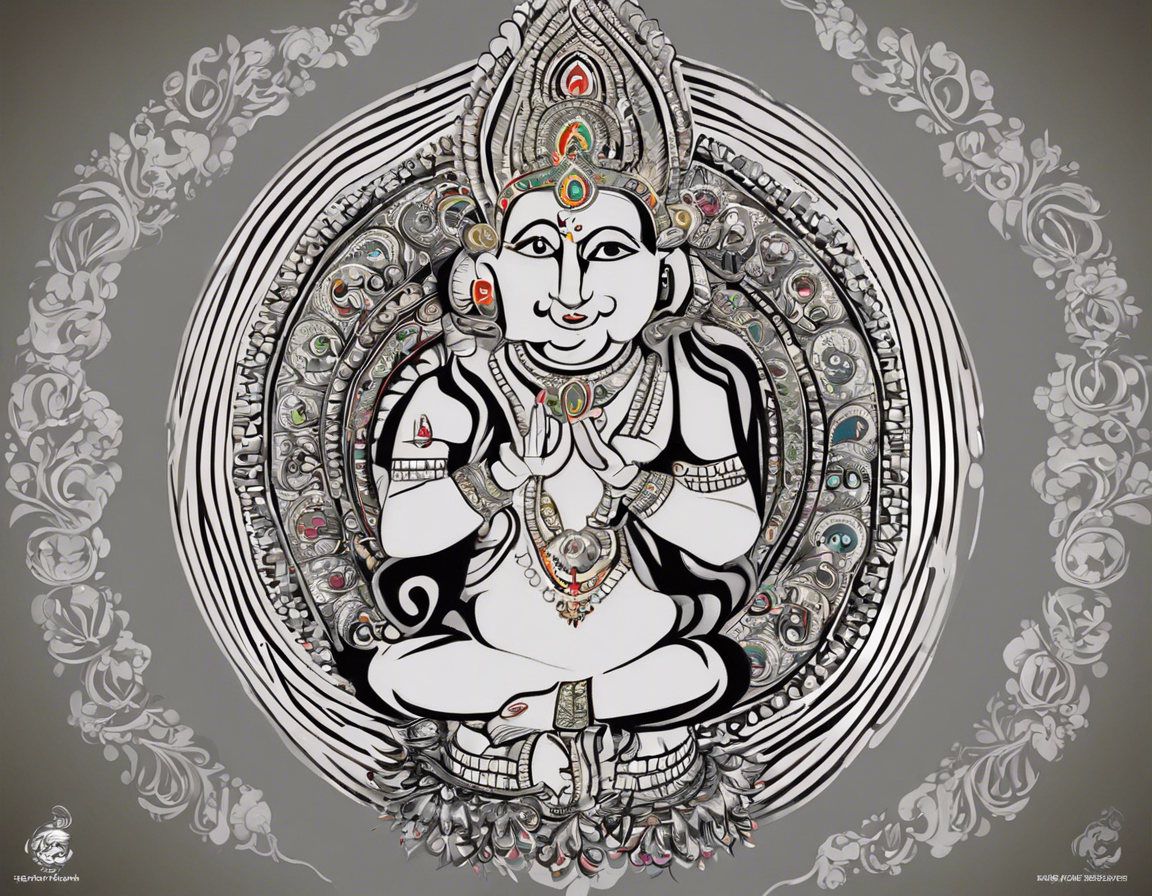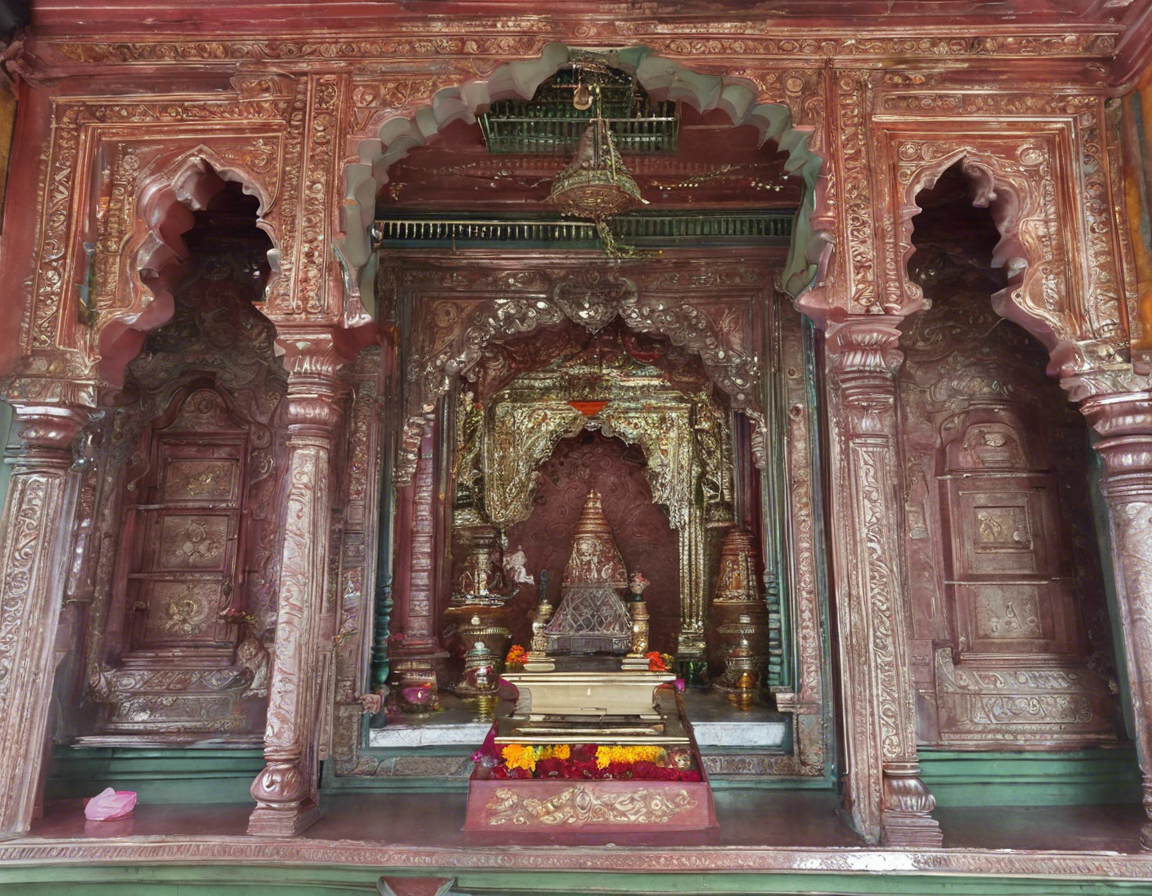Observing Pradosh Vrat in 2024: Dates & Significance
Pradosh Vrat is a highly significant Hindu fasting observed in honor of Lord Shiva. This vrat is observed on the trayodashi (13th day) of both the waxing (Shukla Paksha) and waning (Krishna Paksha) lunar phases of the Hindu calendar month. Devotees believe that observing this vrat with devotion and sincerity brings peace, happiness, and fulfillment in their lives. Let’s delve deeper into the significance of Pradosh Vrat and the dates for observing it in 2024.
Understanding the Significance of Pradosh Vrat
Pradosh means the time during sunset and Vrat means fasting or observance. As per Hindu beliefs, observing this vrat with dedication helps in seeking the blessings of Lord Shiva and Goddess Parvati. It is believed that by observing Pradosh Vrat, one can attain moksha (liberation from the cycle of birth and death) and get rid of all the sins and negativity in life.
Lord Shiva is considered the supreme deity in the Hindu pantheon, representing destruction and transformation. Observing Pradosh Vrat is an act of devotion and surrender to Lord Shiva, seeking his divine grace and blessings for a peaceful and prosperous life.
2024 Dates for Pradosh Vrat
In the year 2024, the dates for observing Pradosh Vrat are as follows:
- January 14 (Saturday)
- January 28 (Saturday)
- February 12 (Saturday)
- February 27 (Tuesday)
- March 13 (Wednesday)
- March 28 (Thursday)
- April 11 (Thursday)
- April 26 (Friday)
- May 10 (Friday)
- May 25 (Saturday)
- June 8 (Saturday)
- June 24 (Monday)
Rituals and Observances
Devotees observing Pradosh Vrat perform various rituals and practices to please Lord Shiva. Some of the common observances include:
- Waking up early in the morning and taking a holy bath.
- Visiting a nearby Shiva temple and offering prayers to the deity.
- Fasting throughout the day until the sunset.
- Performing abhishekam (ritual bathing) of Lord Shiva with milk, water, honey, and bilva leaves.
- Chanting mantras dedicated to Lord Shiva, such as the Maha Mrityunjaya Mantra or Om Namah Shivaya.
- Observing Maun Vrat (vow of silence) or reciting Shiva Chalisa and Aarti in the evening.
Benefits of Observing Pradosh Vrat
Observing Pradosh Vrat with devotion and faith is believed to bestow the following benefits on the devotees:
- Removal of Obstacles: Devotees believe that observing Pradosh Vrat helps in removing various obstacles and challenges from their lives.
- Fulfillment of Desires: It is said that sincere observance of this vrat can fulfill the wishes and desires of the devotees.
- Blessings of Lord Shiva: By pleasing Lord Shiva through this vrat, devotees seek his divine blessings and protection.
- Spiritual Growth: Observing Pradosh Vrat is considered beneficial for spiritual growth and inner peace.
- Health and Well-being: It is believed that this vrat can bring good health, prosperity, and overall well-being to the devotees.
FAQs (Frequently Asked Questions)
1. Can anyone observe Pradosh Vrat?
- Yes, Pradosh Vrat can be observed by both men and women who have faith in Lord Shiva and wish to seek his blessings.
2. Can I consume fruits or milk during Pradosh Vrat?
- Generally, devotees observing Pradosh Vrat fast strictly without consuming any food or water until the sunset. However, some may consume fruits or milk during the vrat.
3. Is it necessary to visit a Shiva temple during Pradosh Vrat?
- While visiting a Shiva temple is considered auspicious during Pradosh Vrat, if visiting a temple is not feasible, devotees can also perform the rituals at home with devotion.
4. Are there any specific mantras to chant during Pradosh Vrat?
- Devotees can chant Maha Mrityunjaya Mantra, Om Namah Shivaya, or Pradosh Vrat Katha during the observance of Pradosh Vrat.
5. What is the significance of offering bilva leaves to Lord Shiva?
- Bilva leaves are considered sacred and dear to Lord Shiva. Offering these leaves with devotion is said to please Lord Shiva and bring his blessings.
6. Can I break the fast immediately after sunset during Pradosh Vrat?
- It is recommended to break the fast after performing the evening rituals and prayers during Pradosh Vrat to reap the full benefits of the vrat.
In conclusion, observing Pradosh Vrat is a sacred tradition that holds immense significance in Hinduism. By observing this vrat with sincerity, devotion, and adherence to rituals, devotees can seek the blessings of Lord Shiva and pave the way for spiritual growth and well-being in their lives.

